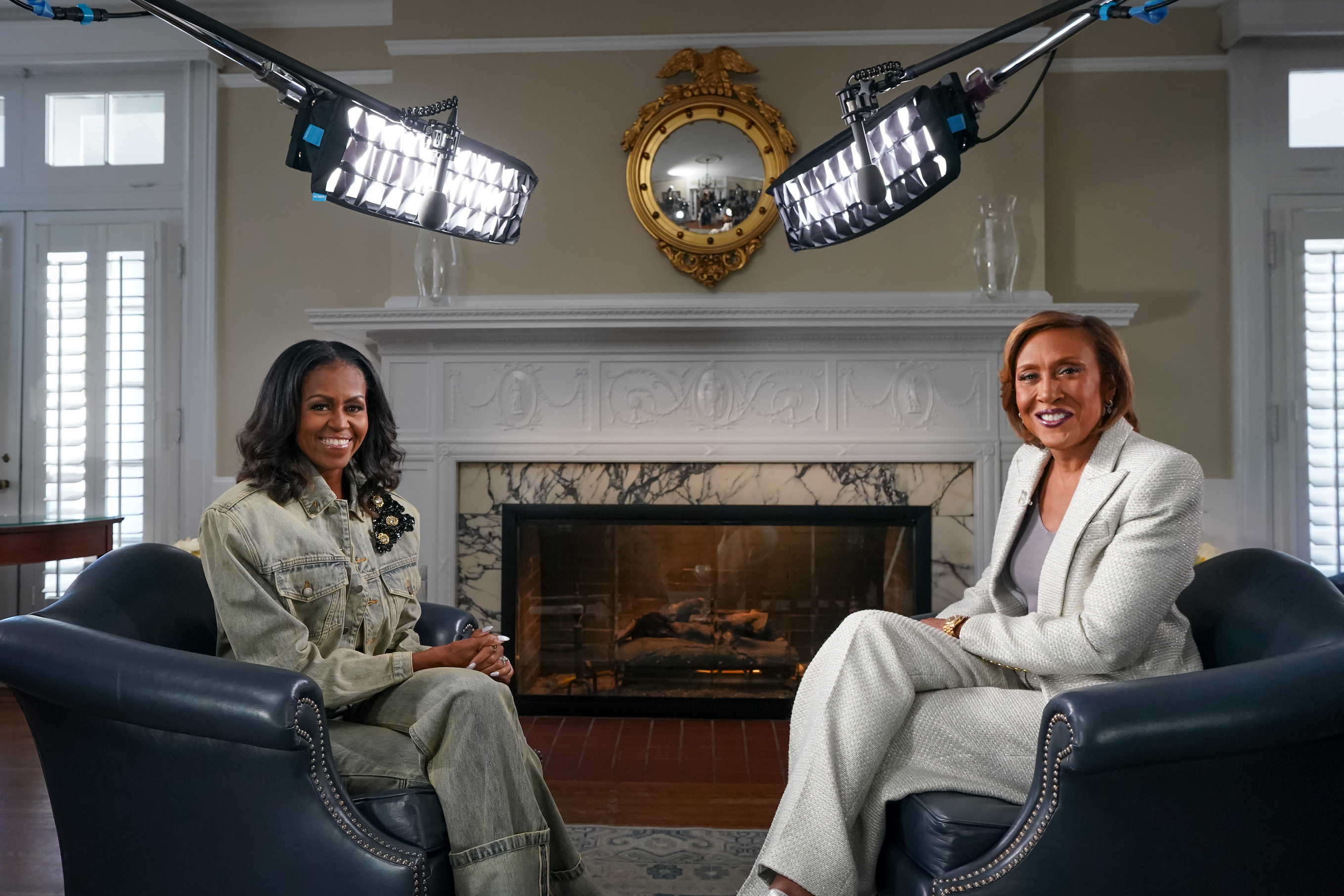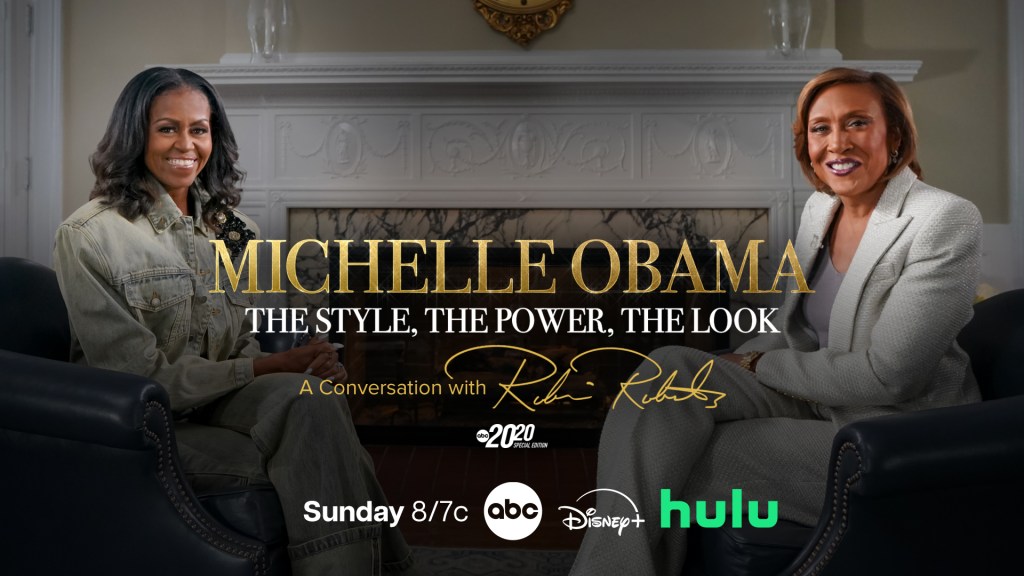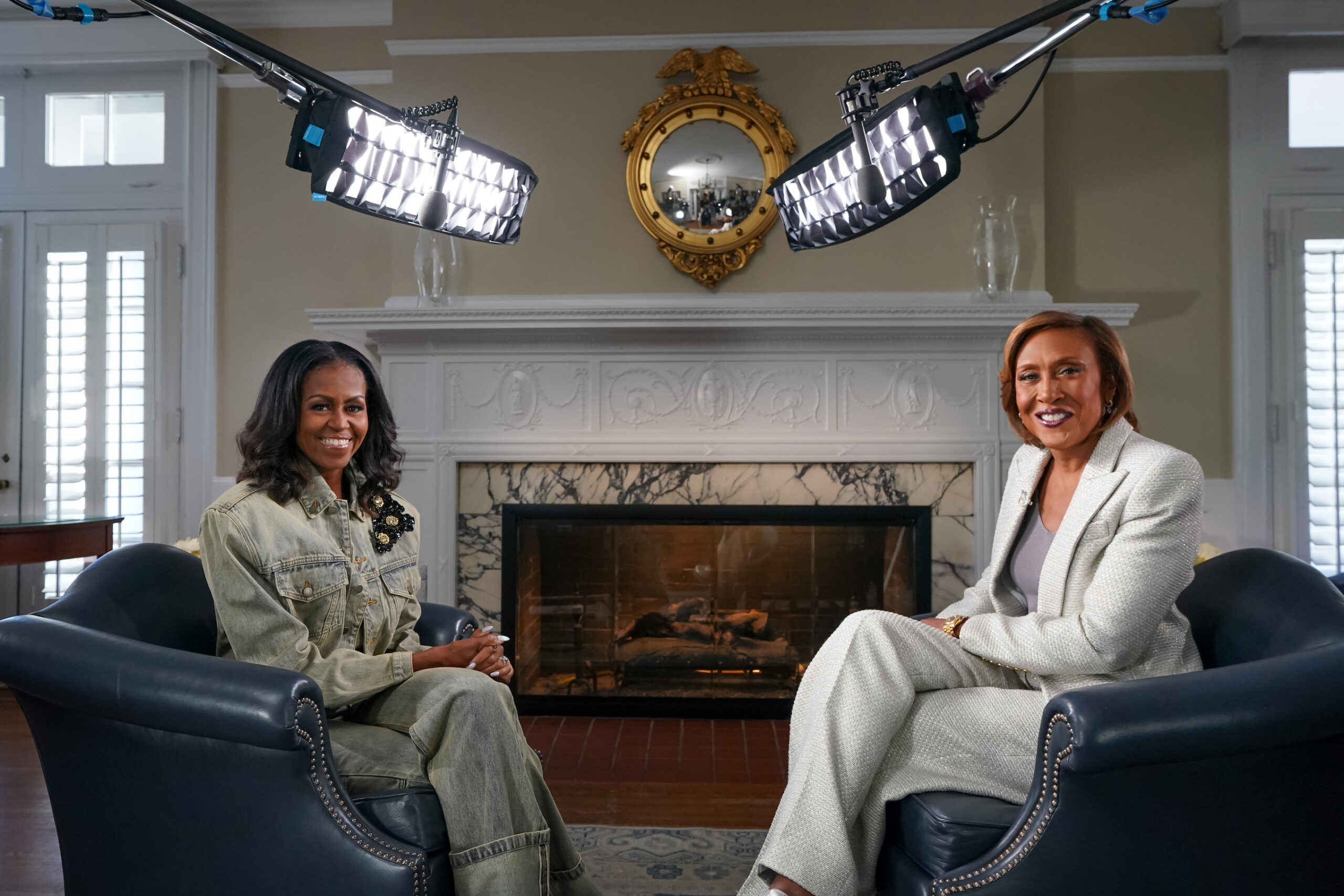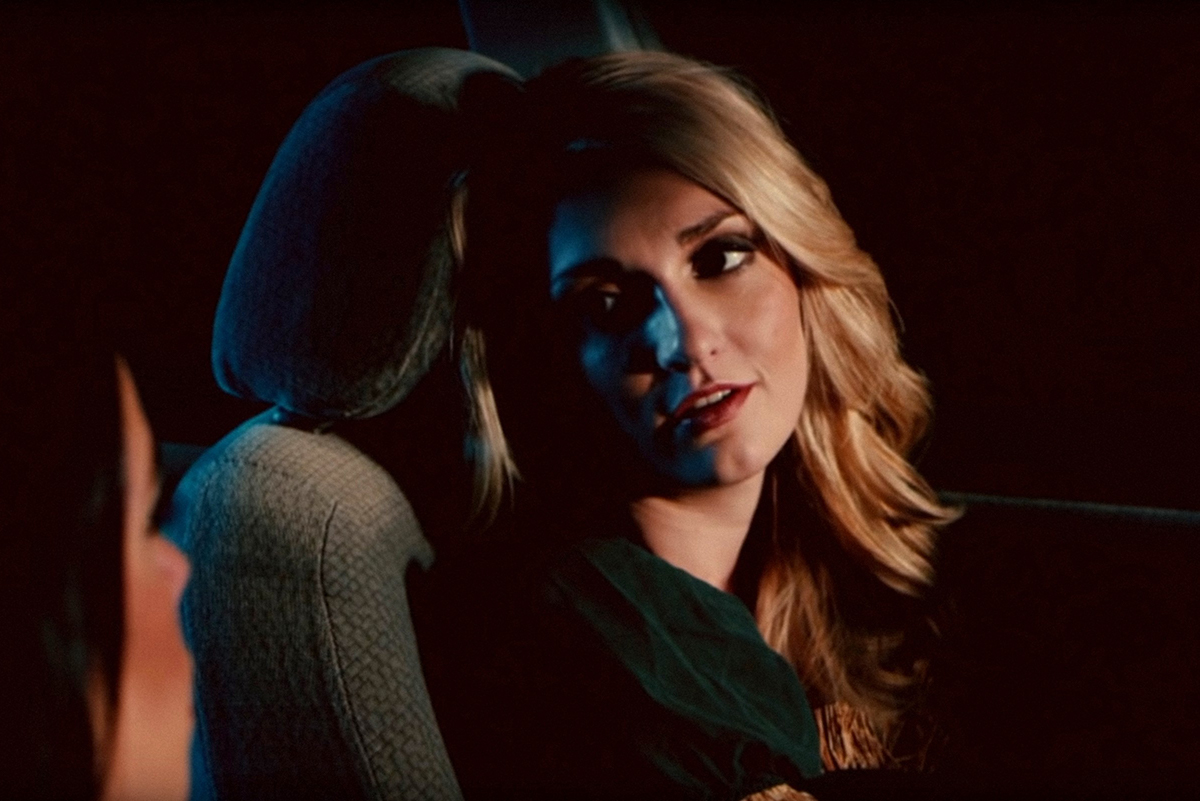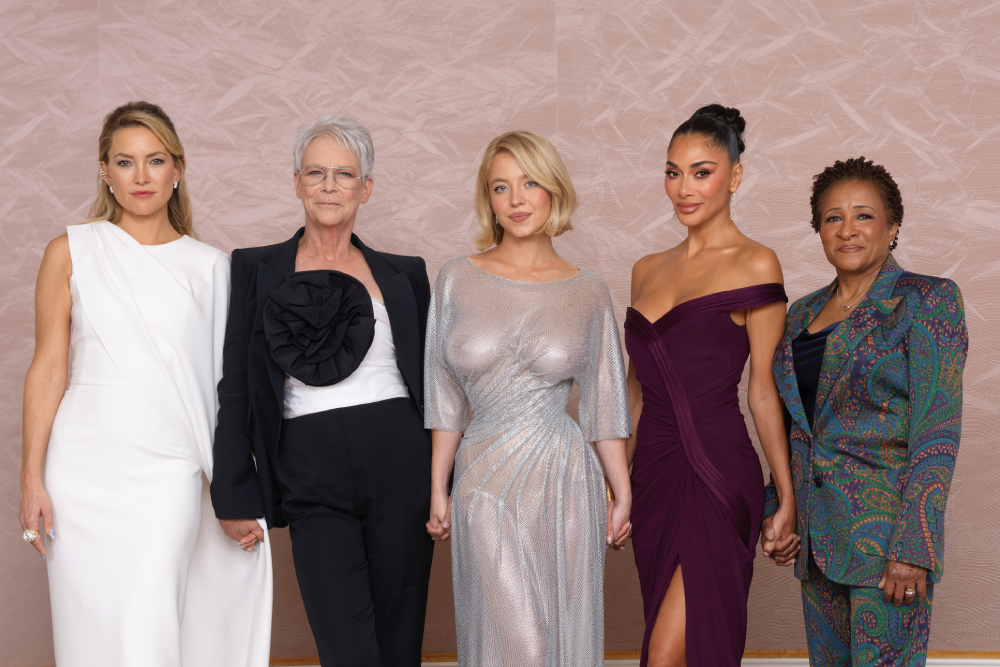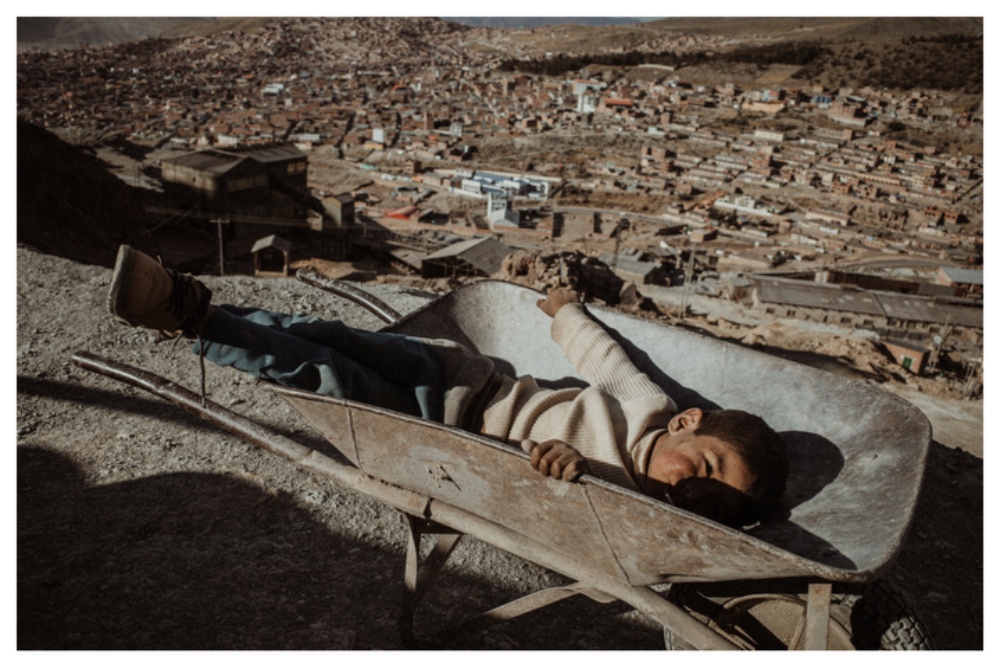Michelle Obama’s New Special With Robin Roberts: A Divisive Spotlight on Celebrity Politics and the Power Dynamics of Influence in a Polarized Era
The upcoming interview between former First Lady Michelle Obama and Robin Roberts promises to delve into topics that transcend mere celebrity culture, gripping a nation already polarized by politics and social issues. This special airing on ABC, titled “Michelle Obama: The Style, The Power, The Look – A Conversation with Robin Roberts – Special Edition of 20/20,” is not just an exploration of fashion and influence; it is set against a backdrop of growing debates about the roles that public figures play in shaping political and social discourse.
In recent years, Michelle Obama has emerged as a potent symbol of not only resilience but also the complexities of race, gender, and power in America. Following her tenure as First Lady from 2009 to 2017, her voice has continued to resonate with audiences across various demographics, making her not just a former political spouse but a significant cultural icon. The nuances of her influence are particularly compelling in a society where political affiliations often dictate personal relationships and community dynamics.
The timing of this special is noteworthy, as the country finds itself navigating a particularly fractious political landscape. The interview is poised to highlight not just Obama’s personal style but also her evolution as a public figure who has consistently advocated for issues like health, education, and military families. Her presence in media often stirs discussions about the implications of celebrity activism in a time when trust in traditional political institutions is waning. The conflict between grassroots movements and established political narratives adds another layer of tension to her legacy.
Robin Roberts, as a seasoned journalist and co-anchor of “Good Morning America,” has the unique position of addressing these multifaceted themes. The discussions are expected to probe into Obama’s perceptions of leadership, the challenges she faced during her husband’s administration, and her views on the current political climate. The juxtaposition of her style and substance is likely to provoke debate regarding the power dynamics of influence, particularly as they relate to the representation of women and people of color in positions of authority.
In contemporary discourse, the intersection of celebrity and politics often ignites fierce debates about accountability and the responsibilities that come with public visibility. Critics may argue that figures like Obama distract from pressing issues or, conversely, that their platforms are essential for driving change. This dichotomy raises questions about the effectiveness of celebrity involvement in advocacy, especially when juxtaposed with grassroots movements that demand systemic change. As Obama discusses her journey, she inadvertently invites scrutiny over how effectively public figures can leverage their influence to address societal challenges.
Moreover, the choice of a primetime slot for this interview underscores the media’s role in shaping narratives around public figures. The special’s airing on November 2, a date significant for its proximity to national elections, cannot be overlooked. This timing may serve to reinforce or challenge prevailing narratives about political engagement and voter mobilization, particularly among younger demographics who often feel disconnected from traditional political processes.
Michelle Obama’s narrative has always been intertwined with themes of empowerment and advocacy. Her book “Becoming” not only chronicles her life but also serves as a manifesto for those seeking to navigate their paths in a complicated world. As she shares insights with Roberts, viewers may gain a deeper understanding of the motivations behind her public persona and the challenges she faced as a woman of color in the White House. The conversation is likely to touch upon the importance of authenticity in leadership, particularly in a climate where public trust is precarious.
This special dialogue may also explore the personal dimensions of Obama’s experiences—her triumphs, her struggles with public scrutiny, and her efforts to maintain a sense of normalcy amid unprecedented public attention. The challenges that come with being a first lady are often magnified by societal expectations, which can be as confining as they are liberating. As the conversation unravels, it could provide a unique lens through which audiences can assess the broader implications of her role beyond the White House.
The discussion surrounding Obama’s impact is not just limited to the U.S.; it resonates globally, where leaders grapple with similar challenges of representation and public engagement. Her advocacy on issues like education and health reflects a commitment to uplifting communities, especially those marginalized by systemic inequities. In this context, her influence can be seen as part of a larger movement among public figures seeking to bridge the gap between politics and everyday life.
As viewers prepare for this special airing, the anticipation is palpable. The intersection of fashion, politics, and personal narrative promises to evoke strong reactions, reinforcing the notion that in today’s world, celebrity and activism are inseparable. The upcoming interview with Robin Roberts is more than just an exploration of Michelle Obama’s style; it is a critical examination of the power and responsibility that comes with being a public figure in a divided society.
